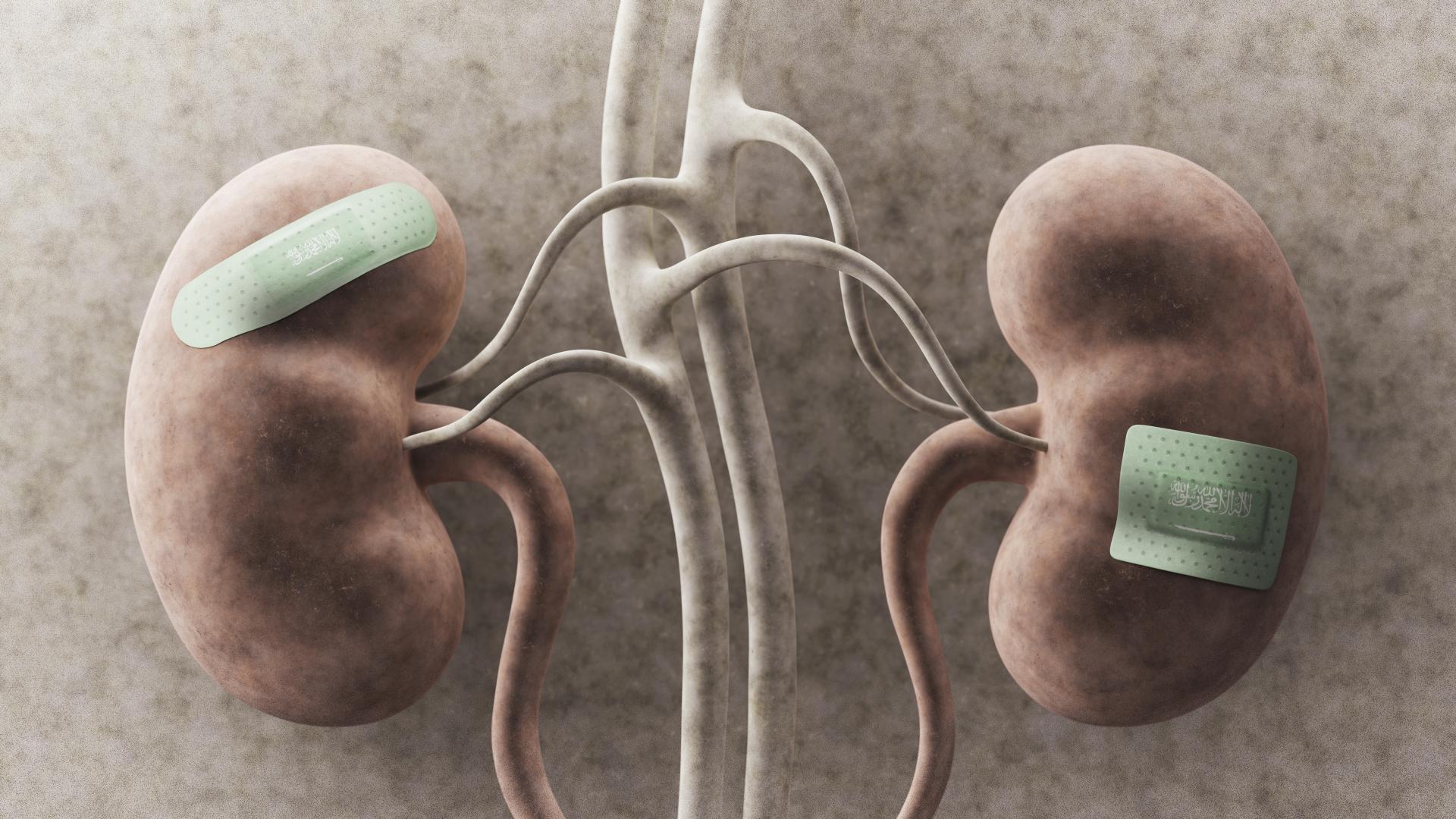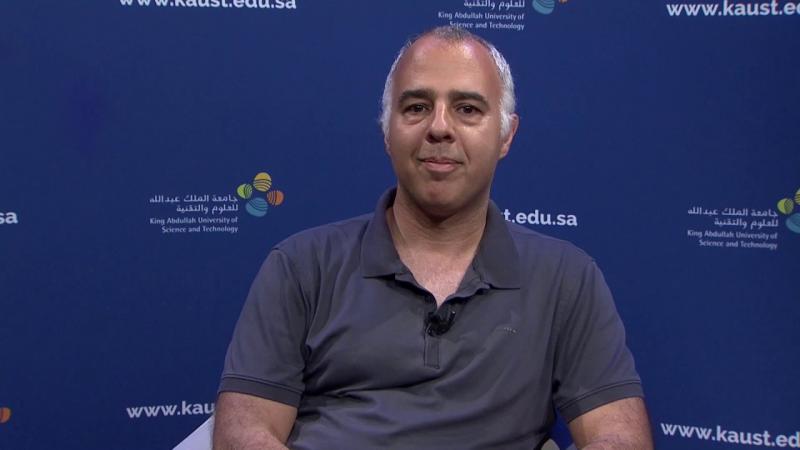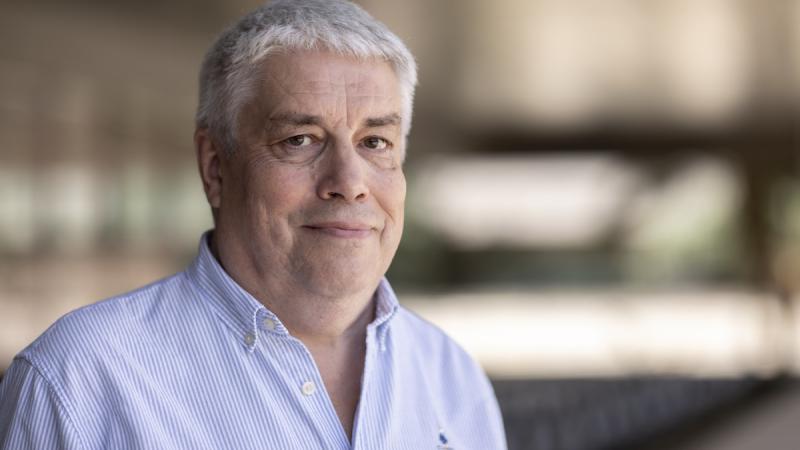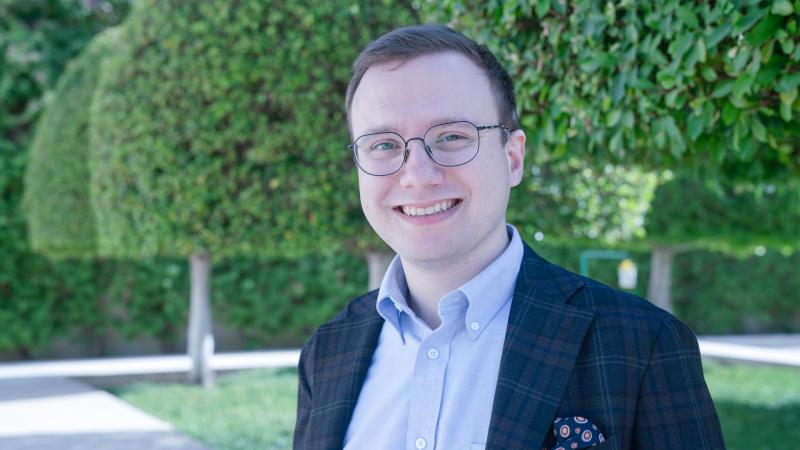Chronic kidney disease is a leading cause of death in Saudi Arabia. Each year, thousands of patients undergo dialysis and thousands more need kidney transplants. The success of transplant surgery requires patients to be matched with suitable donors and now, to maximize the success of this surgery, KAUST computer scientists have teamed up with the new Saudi Kidney Exchange Program and leading physicians across Saudi Arabia.
The prevalence of chronic kidney disease in Saudi Arabia is driven by a variety of factors. For example, environmental factors such as exposure to certain toxins or pollutants may play a role. But also key are lifestyle habits such as unhealthy diets and lack of physical activity, which can underpin the high prevalence of conditions that increase chronic kidney disease risk, such as diabetes and hypertension, that are likely to influence the disease’s onset and progression.
“With the escalating burden of lifestyle-related diseases and an aging population, chronic kidney disease is expected to pose a greater challenge in the future. This research is a proactive response to a looming public health crisis,” says computer scientist Michal Mankowski, former postdoc in Mikhail Moshkov’s group at KAUST.
Mankowski and Moshkov, together with Diogo Gomes, lead the project “Optimizing the Saudi National Kidney Donor Exchange Program,” which aims to improve the efficiency of transplantation by refining the donor-recipient matching process. Their research feeds directly into the work of physician Khalid AlMeshari at King Faisal Specialist Hospital and Research Centre in Riyadh, who has recently established the centralized Saudi Kidney Exchange Program to match donors and suitable recipients from across the nation.
Kidney transplantation is the preferred treatment for end-stage renal disease. A transplant is more effective and more cost-effective than dialysis, particularly if the kidney comes from a living donor.
“In approximately a third of cases, transplantation is not feasible because the donor’s blood or tissue types are incompatible with the intended recipient,” says Mankowski. “Kidney donor exchange programs circumvent these barriers because patients are able to exchange their nonmatching donors for a donor whose kidney is compatible.”
These exchange programs are traditionally organized locally by single transplant centers, mostly in academic hospitals. In collaboration with the Saudi Center for Organ Transplantation (a government body that oversees transplant operations in Saudi Arabia), AlMeshari is leading an effort to centralize kidney donor exchange by combining the existing centers.
“This multicenter approach has the potential to improve the equity and efficiency of kidney transplantation across Saudi Arabia, sourcing better matches for more patients and improving their quality of life,” says AlMeshari.
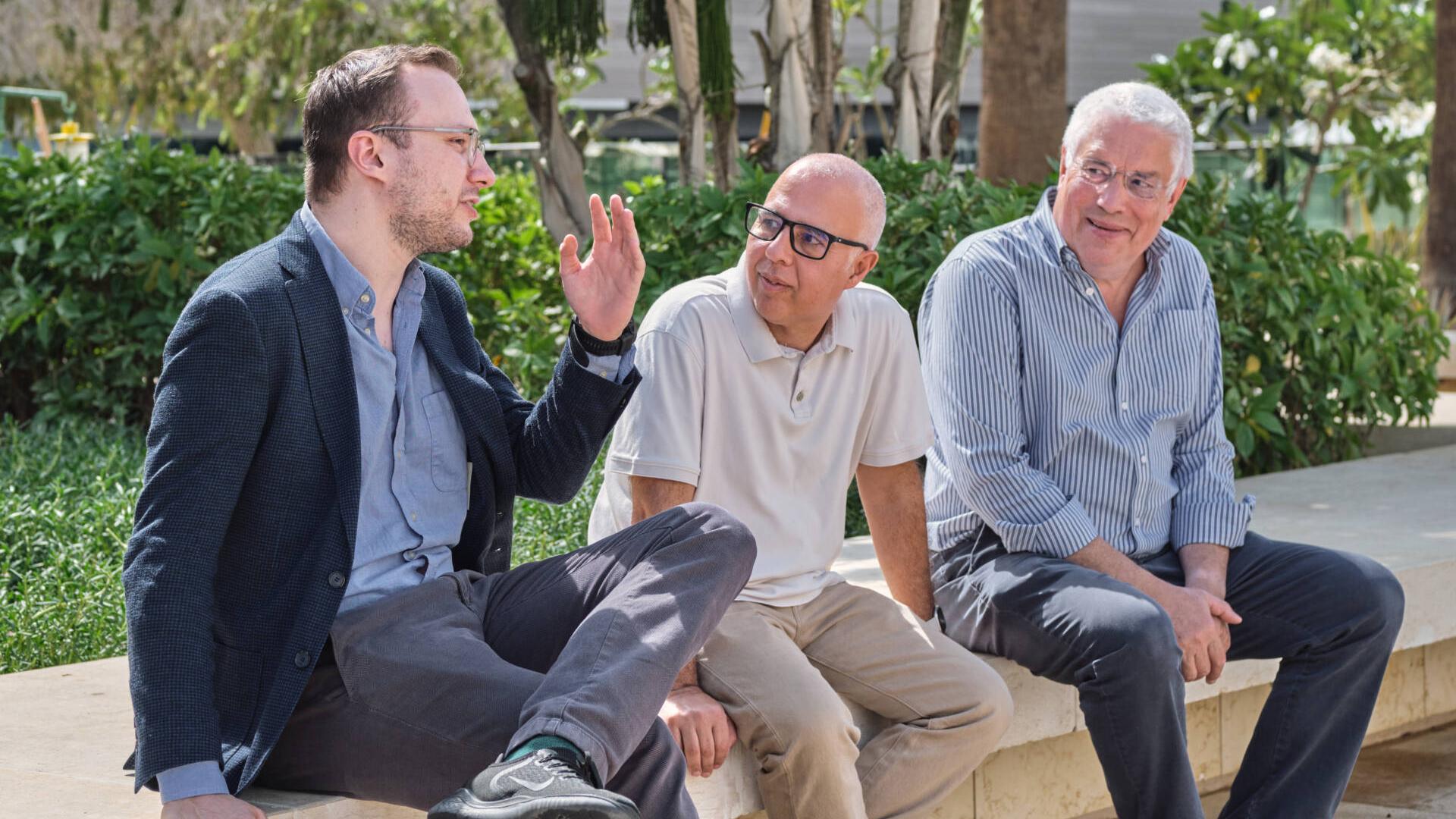
This multicenter approach has the potential to improve the equity and efficiency of kidney transplantation across Saudi Arabia.
Such centralization brings new challenges in coordination, logistics, lab testing and in the complexity and scale of the matching problems. Mankowski and co-workers are actively supporting this transition.
“We are making significant strides with our novel simulation studies,” says Mankowski. “Together with Dr. AlMeshari, we develop and simulate matching scenarios and estimate their impact on the national exchange program. We are testing novel matching strategies, such as utilizing advances in genotyping, to delve deeper into the immunology of donors and recipients to find more matching pairs.”
“KAUST has also provided a very constructive platform for scientific discussions regarding establishing our national program,” says AlMeshari. “They conducted two outstanding workshops, fully sponsored by KAUST, and invited local and international experts in the field to facilitate and enrich discussions.”
The scope of these workshops, the second of which was held in March 2023 and was organized jointly with the Computational Bioscience Research Centre, was to examine the best ways to optimize the program’s structure and policies and to explore the challenges and opportunities facing the initiative.
“Collaboration is a cornerstone of this whole project,” says Mankowski. “We work together to pool resources, knowledge and expertise. A successful collaboration hinges on mutual respect, clear communication and shared goals. This multidisciplinary approach also fosters innovation and accelerates progress.”
The potential applications of this research could extend beyond chronic kidney disease, notes Mankowski. The insights could inform strategies for managing other chronic diseases, and the algorithm could be adapted for other organ transplants such as a living liver donation. “Moreover, by improving patient outcomes and reducing healthcare costs, this research could significantly boost the overall health and well-being of the Saudi population.”
